'You Start to Go Crazy': Australian Speaks Out After Five Years in Chinese Prison
By BBC News
Australian citizen Matthew Radalj has broken his silence after spending five harrowing years in Beijing’s notorious No. 2 prison, a facility designated for international inmates. Now living outside of China, Radalj has chosen to go public about the brutal conditions he endured and witnessed, including psychological torment, forced labour, and severe food deprivation.
A Brutal Introduction to the Chinese Penal System
Radalj’s ordeal began on 2 January 2020, following a dispute with shopkeepers in an electronics market over a phone screen repair. He says the altercation led to his wrongful arrest and subsequent conviction for robbery—a charge he claims he was coerced into confessing to after two days without food, sleep, or water.
“They beat me for two days straight. I was in terrible shape,” he said. “Then I was forced to sign a stack of documents I didn’t understand.”
Court records show his confession likely helped reduce his sentence to four years, although his total time served was five due to an extended detention period.
Detention and Degradation
Radalj was first held in a detention centre where he described the conditions as inhumane. Prisoners were forbidden from showering for months and had limited toilet access. Filthy conditions and dripping waste from upper floors were common.
Eventually transferred to the main prison, he found himself sharing a cramped, constantly illuminated cell with over a dozen inmates. Meals were taken inside the same space, and basic hygiene was nearly impossible.
Most inmates, Radalj said, were foreign nationals—largely from Africa, Pakistan, and Latin America—convicted of drug-related offenses.
The Points System: A Psychological Weapon
Prisoners were told they could earn early release through a “good behaviour” points system. By studying Communist Party literature, working in the prison factory, or informing on fellow inmates, one could theoretically reduce their sentence.
In practice, Radalj and others say the system served as a psychological trap. Guards would wait until inmates neared their target, then deduct points over trivial infractions—such as misplacing socks, walking incorrectly, or standing too close to a window.
Former British detainee Peter Humphrey described a similar system in Shanghai: “There were cameras everywhere. If you stepped out of line—literally—you’d be punished.”
According to Radalj, some prisoners simply gave up on the scheme, but this led to other pressures—cut family phone time, loss of purchasing privileges, or extra labour duties.
Food and Labour as Control Tools
Daily meals consisted mainly of cabbage in dirty water, occasionally with small meat fragments, and a staple of mantou—plain Chinese bread. Malnourishment was rampant, and prisoners were allowed outside just once a week for 30 minutes.
Extra food could be bought with funds deposited by relatives, but access was often restricted. Radalj says he was banned from making purchases for 14 months after refusing to work in the prison factory.
He also described working on a prison farm that grew fresh produce, only for it to be destroyed. “We grew vegetables but never ate them. They were buried in a hole to impress visiting officials,” he said.
Inmates who took even a chilli from the farm risked solitary confinement.
Solitary Confinement: A Psychological Abyss
After getting caught in a fight stemming from a food-related power struggle, Radalj spent 194 days in solitary confinement. The small 1.2-by-1.8 metre cell was bare, with minimal light and silence.
“You start to go crazy,” he recalled. “You have to decide—very quickly—whether the room is really small, or really big.”
With rations halved and no reading materials, Radalj began talking to himself. Guards would periodically check on him, concerned he was losing his mind.
Propaganda and Performances
Radalj said that Chinese prison authorities staged fake scenes for visiting officials and state media. At one point, inmates were told they would be allowed to send emails, and were filmed in front of computers—despite them not being connected to the internet.
“They told the prisoners to just pretend,” he said. The computers were soon wrapped in plastic and never used again.
A Journal in Disguise
Throughout his time, Radalj kept a hidden journal, writing on strips of face masks with the help of North Korean prisoners. As his release approached, he attempted to smuggle it out by swallowing the notes but eventually concealed them in a tear inside his prison clothes.
“I thought they’d catch me, but I got lucky. I didn’t check until I was on the plane, and there they were,” he said.
Freedom and a New Mission
Upon returning to Australia, Radalj reunited with his father at Perth Airport and married his long-time partner. Now, he spends his time making candles and contacting families of inmates still inside.
“I’ve spent months reaching out to their families and lobbying embassies,” he said. “Some of these guys haven’t heard from home in nearly a decade.”
While he is still processing the trauma, Radalj says helping others has eased his own return to normalcy.
“With freedom comes gratitude,” he said. “But also responsibility—for the people I left behind.”

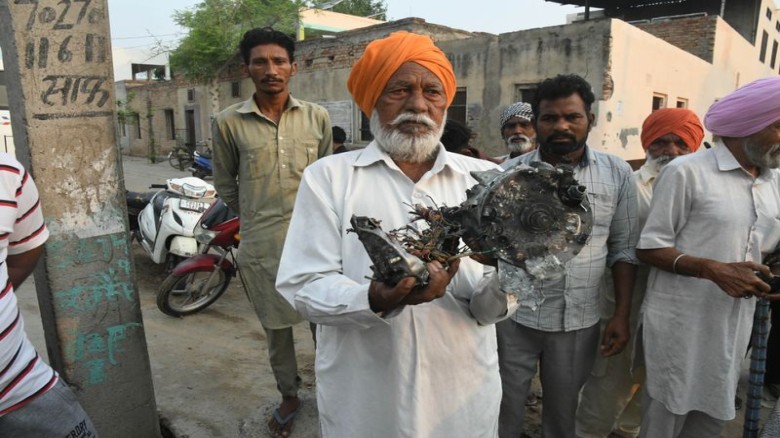
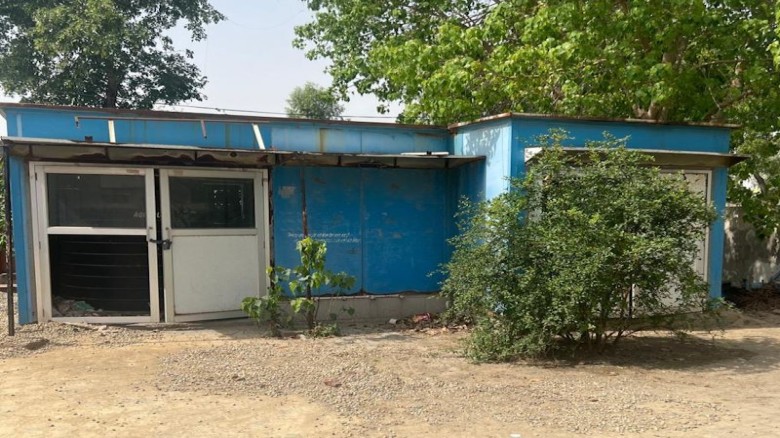














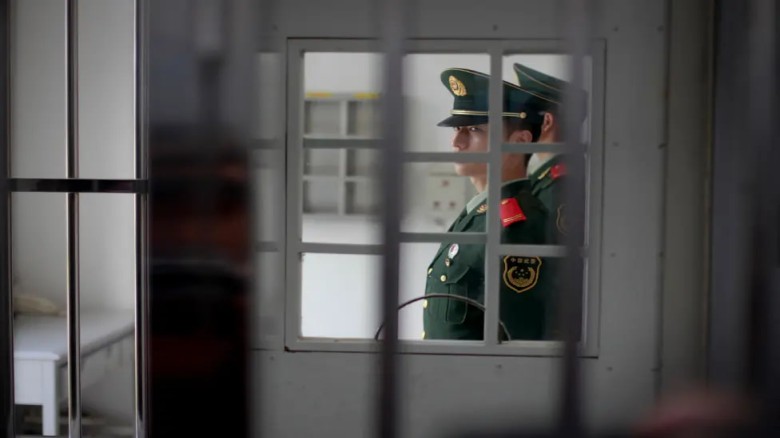



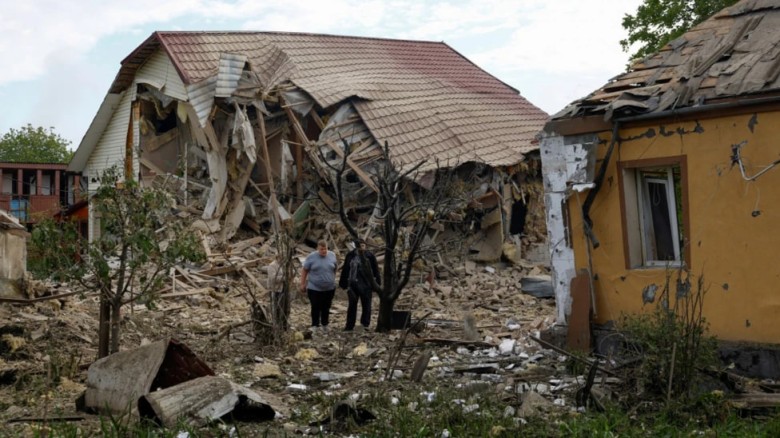



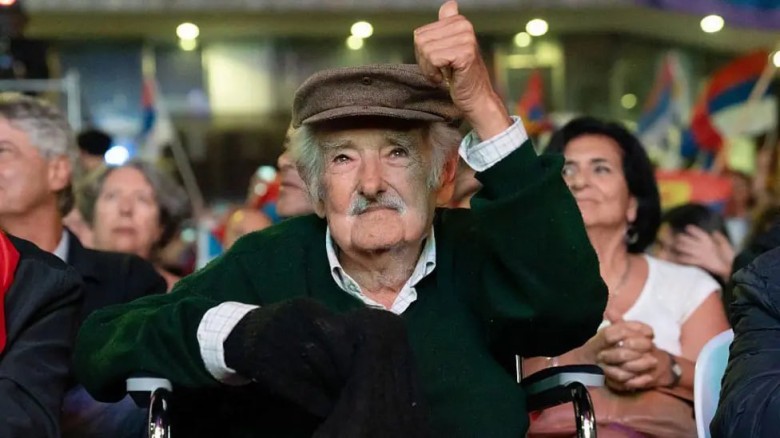
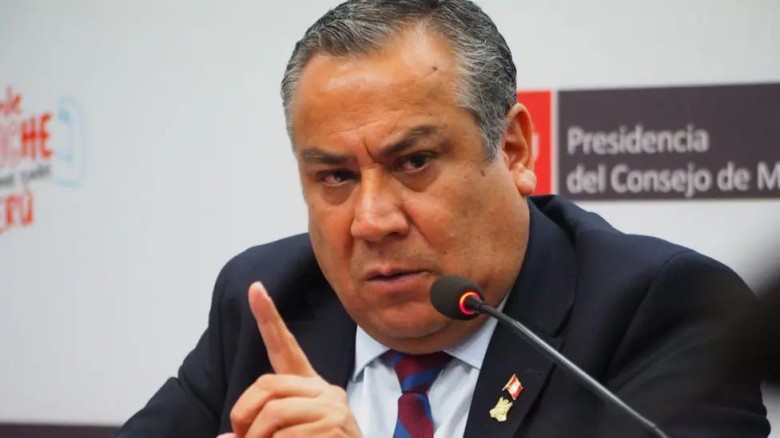

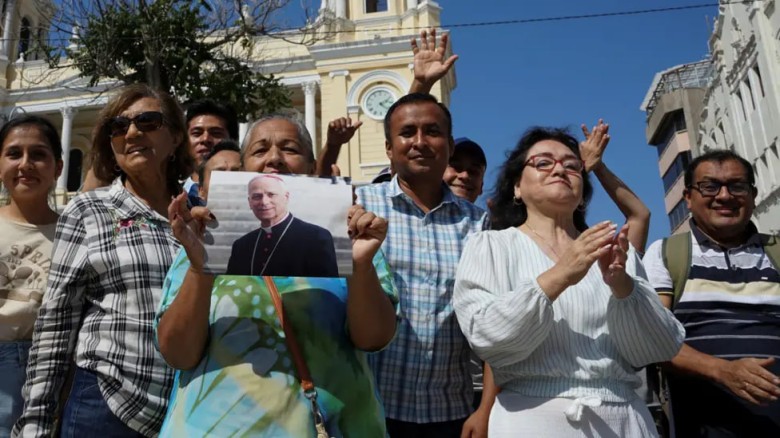
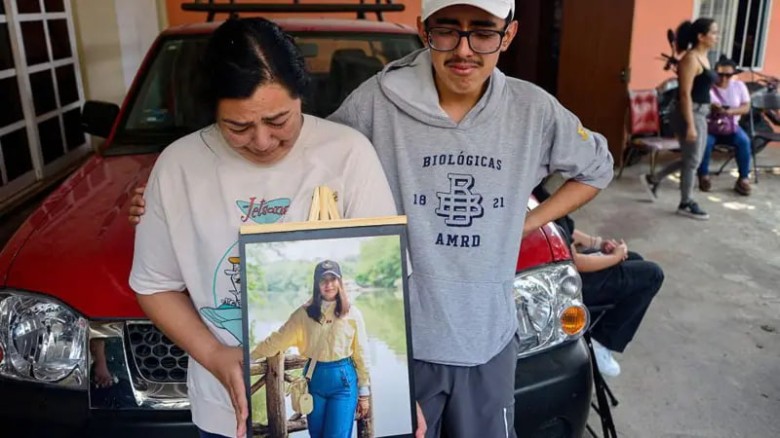




















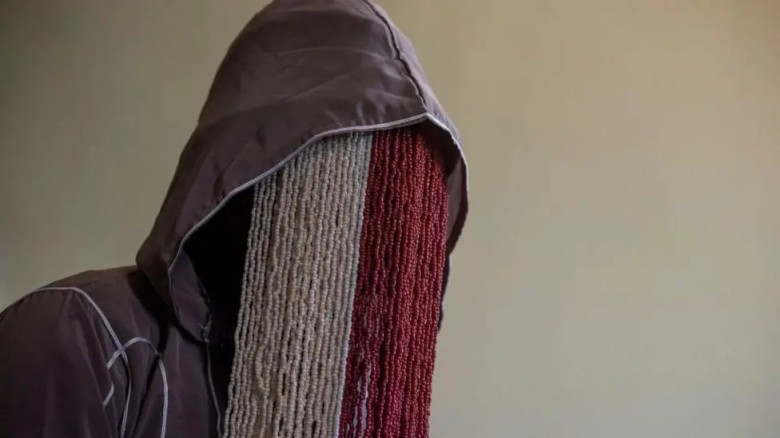





















Leave A Comment